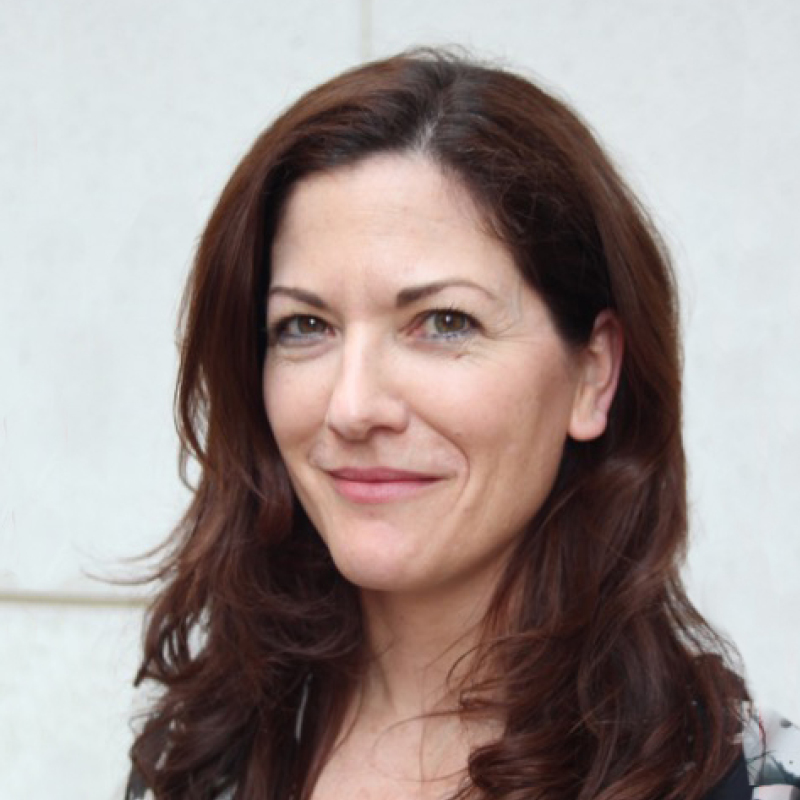DAVID KWIATKOWSKI – STAFF WRITER

It is hard to go anywhere, turn on the television or go on social media without hearing or seeing anything about “cancel culture.”
According to Merriam-Webster, the definition of cancel culture is the practice or tendency of engaging in mass canceling as a way of expressing disapproval and exerting social pressure.
Christine Rosen, senior writer for Commentary, will be discussing this phenomenon in a lecture as a part of the Chautauqua Lecture Series at 10:30 a.m. Wednesday, July 14 in the Amphitheater.
Rosen will be speaking about the origins of cancel culture and how college students and the media have interpreted and misinterpreted it.
She also plans to contrast this with America’s rich history of protests and how hashtag activism — empty social media messages without actual intent — are dulling the culture of activism America inherently has.
“I have spent a fair amount of time studying the culture of technology and the history of (it),” Rosen said. “I helped found a journal called The New Atlantis, where we spend a lot of time looking at the ways that our embrace of personal technology, in particular, has transformed the way we interact.”
While Rosen is critical of college students and their form of activism, she also wants to make sure to commend them, as well.
“I have a lot of hope in younger generations,” Rosen said. “I am raising two teenagers myself, so I really am impressed at their optimism, and I think that story doesn’t get told enough. We do a lot of criticizing of younger generations for not living up to older generations’ ideals, so I want to make sure that I leave the audience with a sense of hopefulness about this and some of the ways we can rebuild trust in each other and in our institutions.”
While her work at Commentary does lean right, Rosen says she is conscious of making sure to read all sides, and doesn’t want to build straw man arguments and merely attack others.
“I don’t want to be provocative for the sake of angering people,” she said. “I want to base things on fact. I want to give the benefit of the doubt to the people whose ideas I might be challenging, so I read pretty widely across the political spectrum. I really do try to combat what is an unhealthy tendency, particularly (in) right-wing media, of sensationalizing the arguments of their opponents rather than treating them seriously and really tackling the ideas.”
Social media is powerful in spreading information, and Rosen argues that it has the potential to do as much harm to social order in America as it does good.
“We need to be careful and be willing to pivot and change how we use those tools,” Rosen said. “We need to be very focused on finding the areas for younger generations, in particular, where these tools are actually actively harmful — not just to their sense of themselves and their self esteem and their ability to grow into thriving adults, but in their willingness and ability to understand how politics works, how a healthy democracy should function, how political parties should function, and how people should have the freedom to express differences of opinion and different ideas.”
Rosen considers herself a Libertarian, but has voted for candidates on both sides of the aisle and plans to appeal to all political ideologies, since she says the principles of this country welcome disagreement and debate.
“In particular, younger generations often forget that that is truly anomalous even in the Western world to have this kind of freedom that the government cannot step in and tell you there are certain things you can’t talk about,” Rosen said. “… In a culture that is wonderfully diverse as ours with more than 300 million people, we’re not all going to agree, and we shouldn’t. I think that’s actually part of our strength.”




